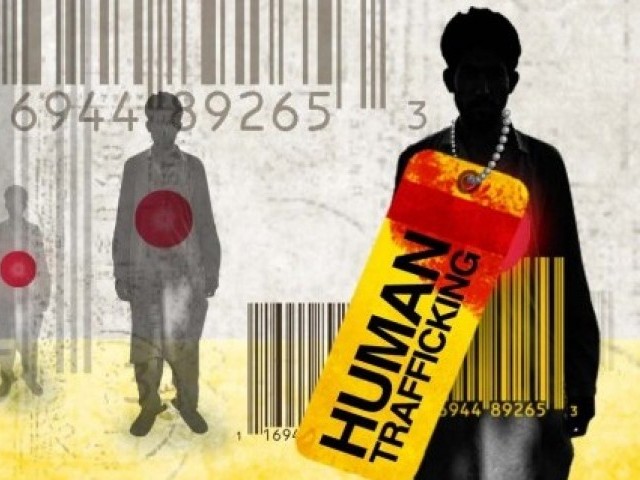HUMAN TRAFFICKING IS REAL – MAXWELL MATEWERE’S STORY
Published on February 11, 2012 at 8:04 AM by FACE OF MALAWI
 Have you ever heard of human trafficking in Malawi? If you have, than the name Maxwell Matewere should ring a bell to you.
Have you ever heard of human trafficking in Malawi? If you have, than the name Maxwell Matewere should ring a bell to you.
It was in 1998, that the young Maxwell came face to face with human trafficking. He had just checked in at Budget Hotel in South Africa on official duties.
After checking in at the hotel, he was welcomed by two girls in their teens. The girls spoke Chichewa.
Being on foreign soil, meeting people who speak your language can be a relief. So, striking a rapport with the two teens, Maxwell learnt that the girls were Malawians from Mangochi and had gone down south to further their education.
“It was only later, when the organisers had called me to say I needed to change the hotels, that I had a rude awakening.”
“The two girls in my room started crying when I broke the news of my shifting to them. I couldn’t understand.” When he asked them why they were crying, the girls had one long and sad story.
They were taken to South Africa on the pretext of getting higher education. The person trafficking them told took care of their passport expenses, transport to Joburgh, bought them food and paid for their accommodation.
After sometime they were abandoned and the owner of the hotel took them in, pretending to be genuinely concerned with their situation.
After a few more days, their fate was spelt to them. They had to work as sex workers at the hotel to pay for their accommodation and food.
With nowhere to go and no one to turn to, they had no choice. Their passports were confiscated and their stay permit had already expired.
At the meeting they discussed human trafficking and Maxwell gave this as a case study. He with the help of IOM (International Organisation for Migration) intervened.
They went back to the hotel interviewed the girls and recorded the interview. They also confiscated the hotel’s computers and took the girls into their custody.
From the confiscated computers, they uncovered information that, 6 girls from Malawi and 23 others from Zimbabwe and Mozambique were in transit to Amsterdam for prostitution.
But through IOM’s intervention, the girls were rescued at Heathrow Airport and later on they were rehabilitated. Did he meet resistance? Of course he did.
After finding out about the girls’ ordeal, Maxwell called the then Inspector General of Police in Malawi. But instead of helping out, the Inspector General asked him what he was doing in a South African Hotel with the young girls and asked the same question in the media, painting Maxwell as an irresponsible citizen.
But after everything had been said and done, Maxwell came back to Malawi and laid the foundation for Eye of the Child.
This is what Maxwell has for all citizens of Malawi, “Human trafficking is real. It’s everybody’s responsibility to alert the nearest police when you suspect cases of human and child trafficking. This practice denies girls and children their dreams of a better future and robs us of the would-be leaders, lawyers and doctors of this nation”
He also says that sometimes you could be a trafficker unknowingly, for example, if you are a transporter providing transport for the victims from one point to the other, within or outside the country. And also providing false documents, in case of immigration officers and providing hiding place for the traffickers and their victims.


